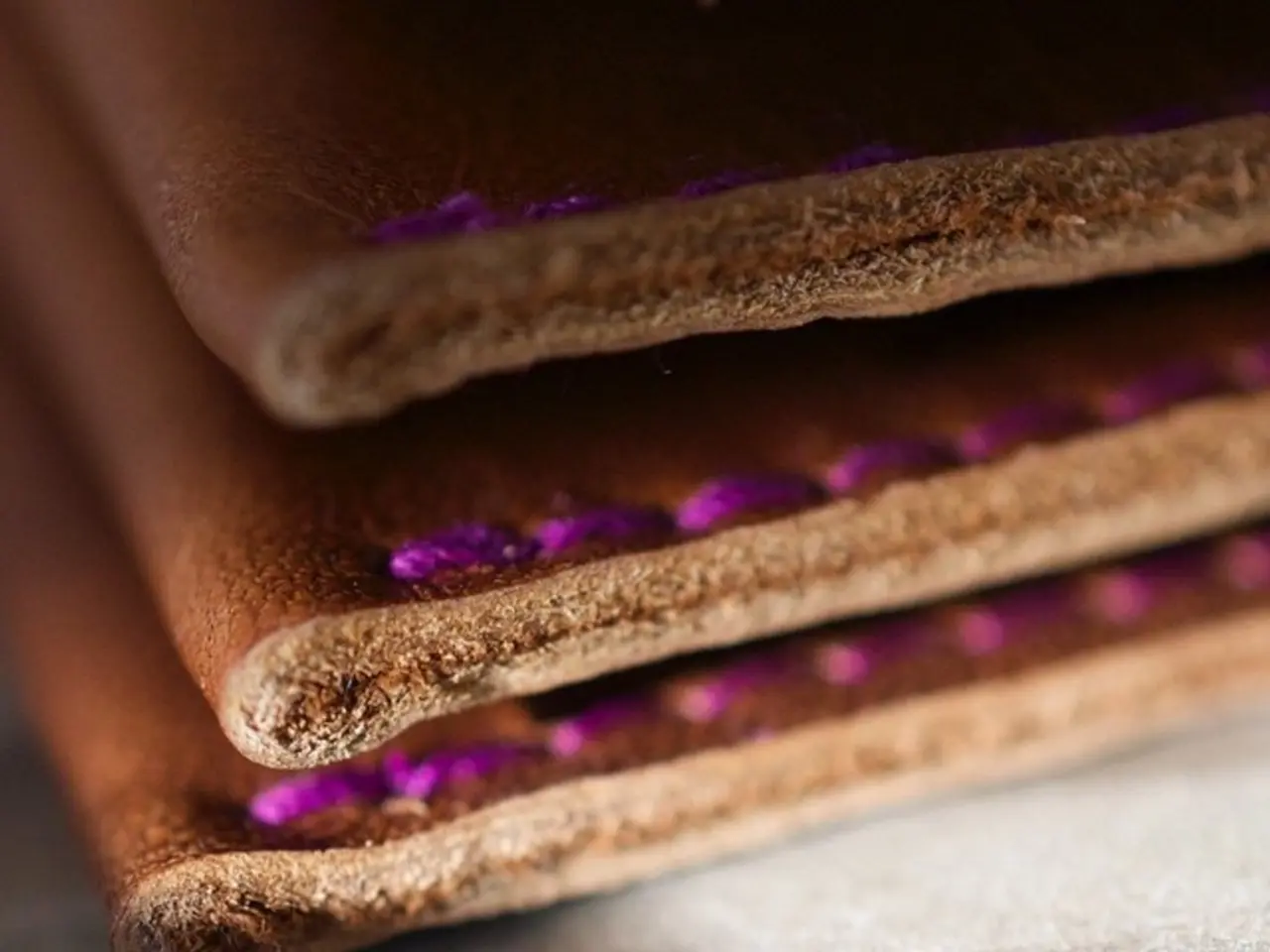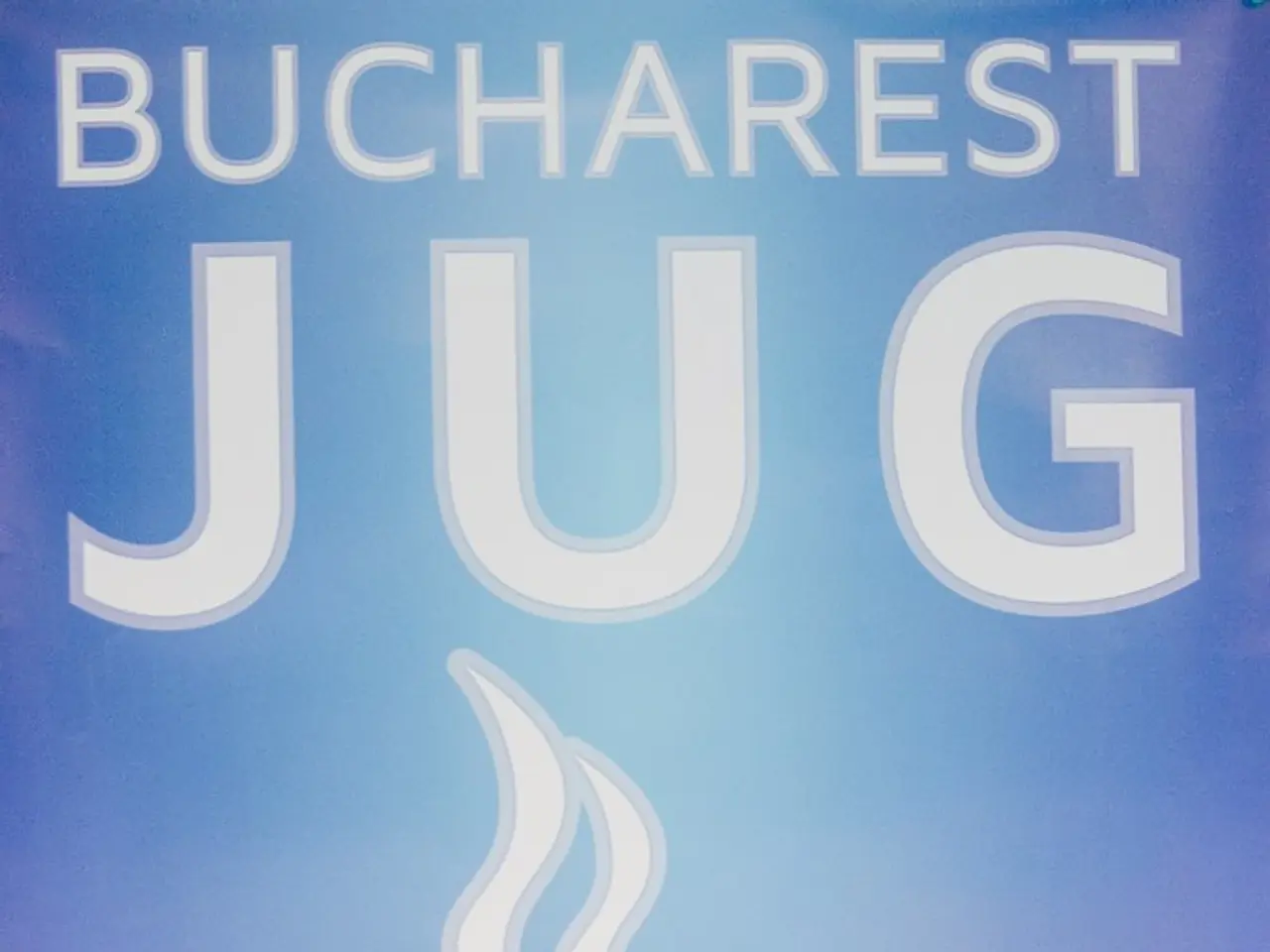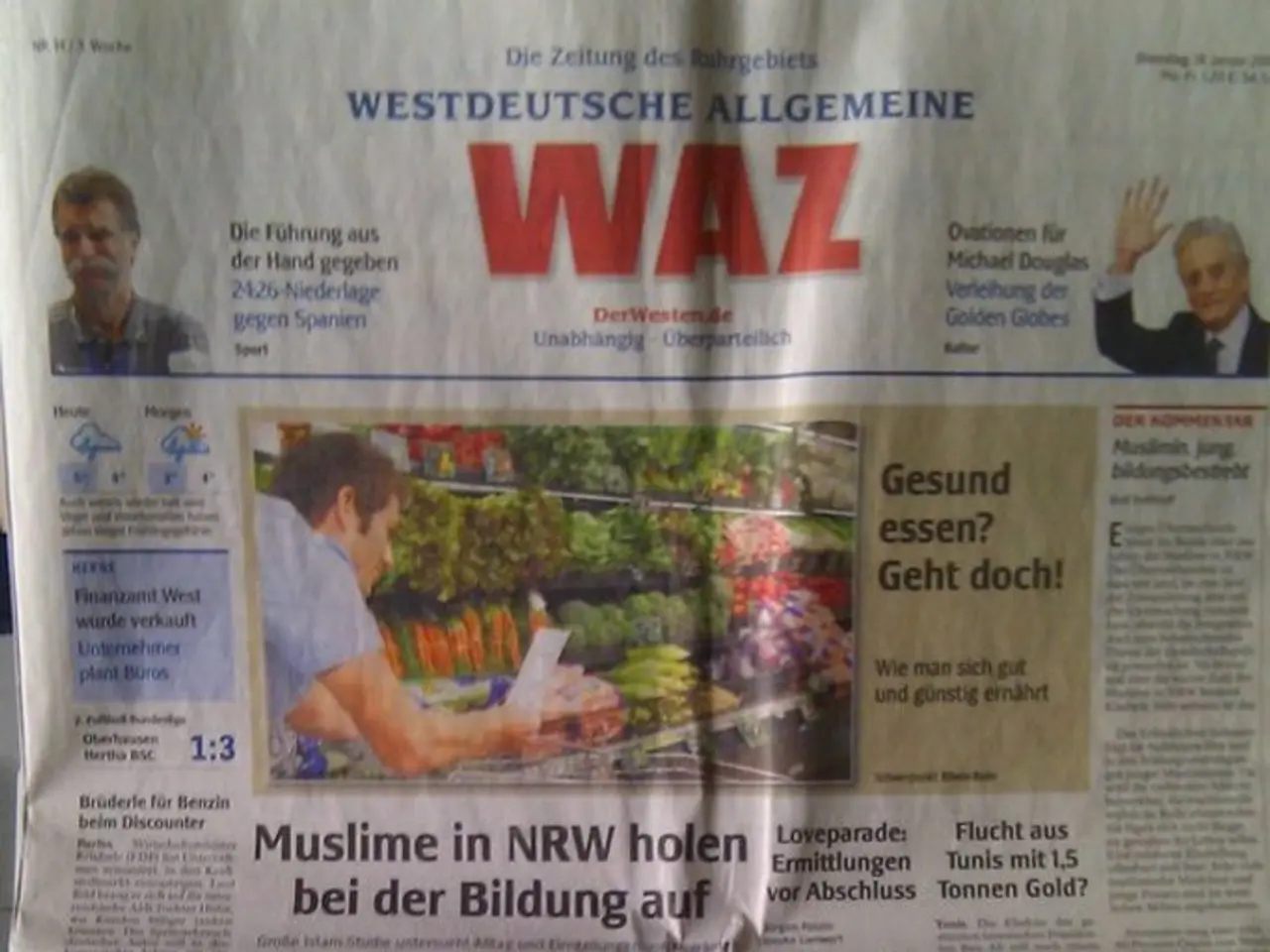U.S. Leather Industry Struggles Amidst Impact of Climate Change in Uşak
Sweltering Summer Blues: The UŞak Leather Industry's Battle Against Climate Change
The once bustling leather industry in the western Turkish province of UŞak is currently grappling with the harsh realities of climate change. This industry, home to numerous leather processing companies, is facing a significant drop in demand for leather products worldwide due to rising global temperatures.
The Leather Organized Industrial Zone in UŞak, spanning 300 hectares, is where hides from across the country are processed. However, due to the impacts of climate change, the volume of leather processed in UŞak, a major leather processing hub in Turkey, has seen a notable decrease.
Murat Çalışkan, a seasoned figure in UŞak's leather business with 35 years under his belt, has witnessed a decline in interest in leather clothing and a subsequent slump in sales. Historically, sales peaked during spring and autumn, periods with milder temperatures. However, with the unpredictable climate changes, determining the arrival of each season has become a challenge, negatively impacting sales.
As a result, UŞak leather vendors have started focusing on other leather products like wallets, shoes, belts, bags, and hats. Unfortunately, the sales drop due to rising temperatures is substantial, with a decline by 50-60%.
Five years ago, 35 million small livestock hides were processed in UŞak, but last year this number dropped to 22 million, and they anticipate it will be around 20 million this year, based on estimates provided by Coşkun Göngör, board chair of the Leather Organized Zone.
Navigating the Challenges of Sustainable Leather Production
- Climate-Smart Raw Materials: Climate change affects livestock farming, leading to variability in hide quality and increased production costs. To mitigate these issues, the industry is exploring eco-friendly and adaptable farming practices, striving for resilient and high-quality raw materials.
- Reinventing Tanning Methods: Traditional tanning methods are Resource-intensive and contribute significantly to the leather industry's carbon footprint. Innovative, eco-friendly alternatives are being developed to address these concerns, attracting sustainability-focused consumers.
- ESG-Driven Transformation: Embracing Environmental, Social, and Governance (ESG) standards represents a major shift for the leather industry. By meeting these standards, it can reassure consumers about the environmental impact of their purchases, thereby restoring demand for conventionally produced leather.
- Material Substitution and Diverse Sourcing: Strategically substituting traditional leather with alternative materials and sourcing leather from diverse regions can benefit both the environment and the industry, reducing the impacts of climate change on production.
- Innovative Leather Treatments: Recent advancements in eco-friendly leather treatments, such as the use of emulsified Chlorella vulgaris oil, demonstrate the industry's commitment to environmental stewardship and sustainability.
In conclusion, the UŞak leather industry, grappling with climate change-induced challenges, is transitioning towards eco-friendly and sustainable production methods to address declining demand and maintain market competitiveness. By adopting comprehensive ESG frameworks, innovating material treatments, diversifying and improving supply chains, and focusing on niche, sustainability-conscious markets, the UŞak leather industry can not only survive but thrive in a climate-challenged world.
In an effort to combat the challenges posed by climate change, the USaku leather industry is striving to enhance the quality and resilience of their raw materials, focusing on eco-friendly and adaptable farming practices to ensure a steady supply of high-quality hides (Environmental-Science).
To lessen the industry's environmental impact, innovative tanning methods are being developed, aiming to minimize resource consumption and reduce the carbon footprint associated with traditional tanning processes (science).
As part of this transformation, embracing Environmental, Social, and Governance (ESG) standards enables the USaku leather industry to demonstrate a commitment to sustainability, reassuring consumers about their purchases and restoring demand for conventionally produced leather (finance).
By strategically substituting traditional leather with alternative materials, sourcing leather from diverse regions, and exploring innovative leather treatments, the industry hopes to mitigate the impacts of climate change on production while promoting environmental stewardship and sustainability (climate-change).




